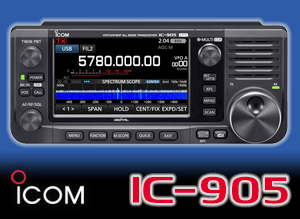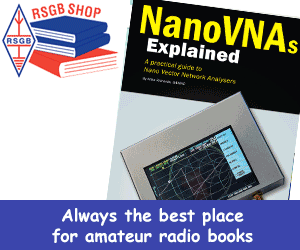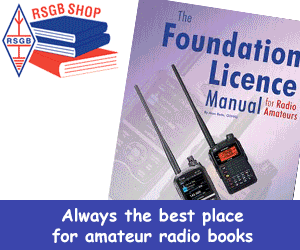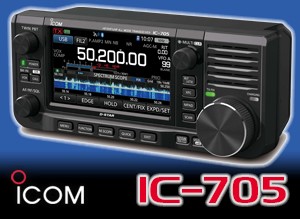Morse
If you think operating in Morse Code is something that belongs to the past century, think again! Morse operation remains a popular mainstay of amateur radio and it continues to attract new interest.
Morse code lies at the very origins of amateur radio.
Originally, amateur radio communications occurred exclusively in Morse. After 1920, voice-capable radio transmitters became commonly available, but Morse code has carried on as a popular area of amateur radio.
Until 2003 the International Telecommunication Union (ITU) required assessment of Morse code proficiency as part of the global amateur radio licensing procedure. However, since the World Radiocommunication Conference of 2003 (WRC-03), Morse code has become an optional element in amateur radio practice, and many countries have now removed the compulsory Morse component from their amateur radio licence requirements.
Morse is still used outside of the amateur radio world. In aviation, for example, the identification letters of navigation beacons are sent in Morse.
Morse can be very useful for emergency communications, as an intelligible message can be sent under operating conditions that would make a voice call impossible, and the simple technology involved means equipment can be improvised if necessary.










